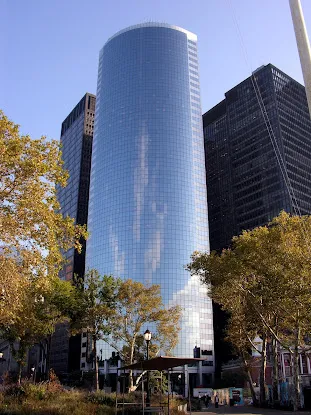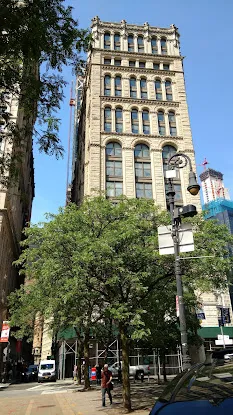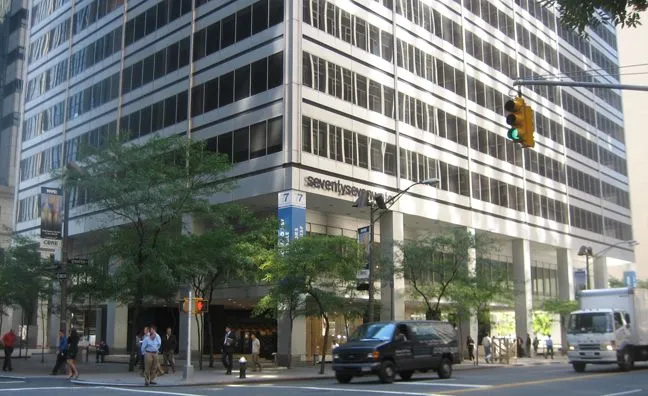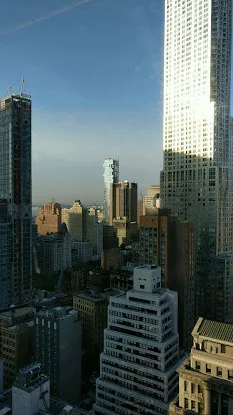Agricultural engineer Downtown Manhattan
FNA Engineering Services, P.C.
Downtown Manhattan
17 State St #4000 New York, NY 10004 United States
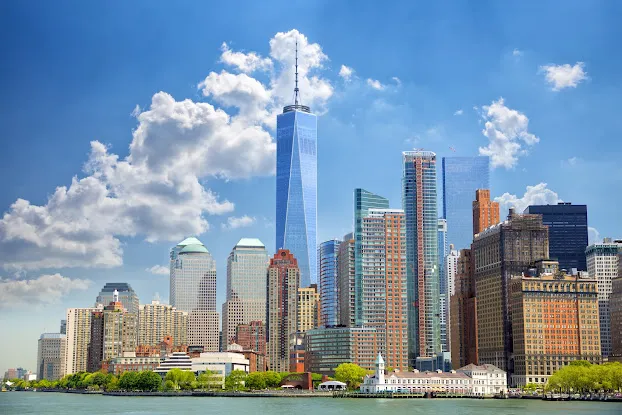
WB Engineers+Consultants
Downtown Manhattan
33 Whitehall St 17th Floor New York, NY 10004 United States
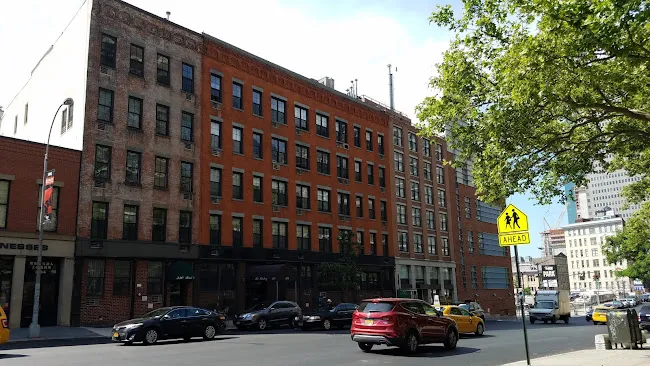
Kaese & Lynch Architecture And Engineering Llp
Downtown Manhattan
324 Pearl St New York, NY 10038 United States
The Role of Agricultural Engineers in Downtown Manhattan
In the heart of one of the busiest cities in the world, Downtown Manhattan stands as a hub of innovation and sustainability. The role of Agricultural Engineers has become increasingly significant in this urban setting, where the demand for sustainable practices is growing. These professionals are not just limited to rural landscapes; their expertise is crucial in integrating agriculture into urban environments.
Agricultural Engineers focus on creating and improving agricultural systems that are efficient and environmentally friendly. They apply engineering principles to solve problems related to crop production, food processing, and resource management. In a densely populated area like Manhattan, where space is at a premium, these engineers play a vital role in developing urban farms and green spaces that not only contribute to food security but also enhance the quality of life for residents.
One of the most exciting developments in Downtown Manhattan is the rise of vertical farming. This innovative approach allows for the cultivation of crops in stacked layers, utilizing artificial lighting and controlled environments to maximize yield. Agricultural engineers are at the forefront of designing these systems, ensuring they are efficient and sustainable. Their work includes everything from selecting appropriate crops to designing irrigation systems that conserve water.
Moreover, Agricultural Engineers in Manhattan are also involved in the research and development of sustainable practices that can be implemented in urban farming. They collaborate with local governments, businesses, and communities to promote urban agriculture initiatives. This not only helps in providing fresh produce to city dwellers but also contributes to reducing the carbon footprint associated with transporting food from rural areas.
At www.manhattan-nyc.com, you can find more information about the various agricultural engineering projects and initiatives taking place in the city. The integration of technology and agriculture in urban settings is paving the way for a sustainable future, making it essential for professionals in this field to continue evolving and adapting to the unique challenges posed by urban environments.
As the city continues to grow and change, the contributions of agricultural engineers will only become more vital. Their ability to innovate and find solutions to pressing agricultural issues will ensure that even in a bustling metropolis like Manhattan, there is room for green initiatives and sustainable practices that benefit everyone.
In conclusion, the presence of agricultural engineers in Downtown Manhattan is a testament to the city's commitment to sustainability and innovation. Their expertise not only helps in maximizing agricultural productivity but also plays a crucial role in enhancing the urban ecosystem, making the city a better place to live.
